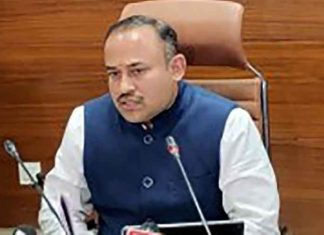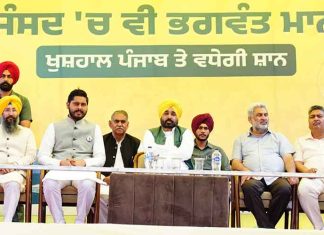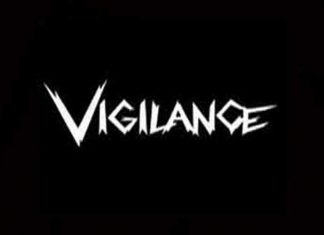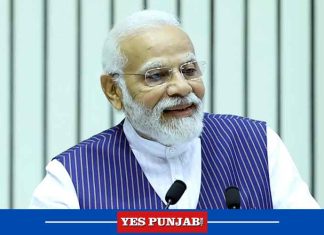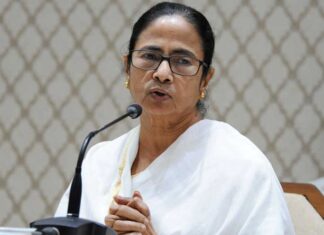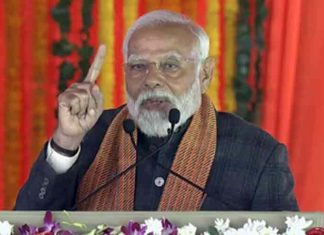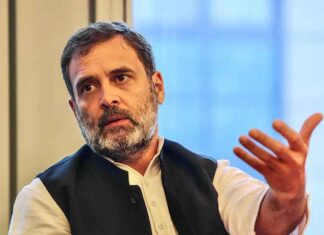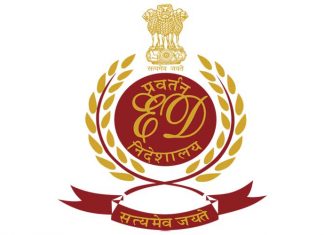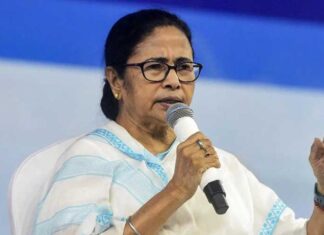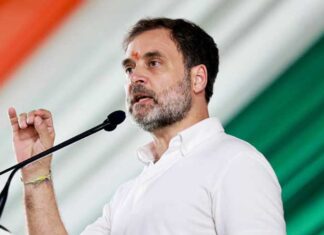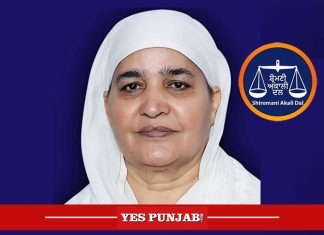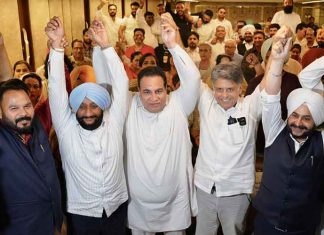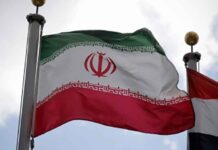New Delhi, Jan 13, 2021-
India, Russia, Turkey and Saudi Arabia have been termed as the “Difficult Four” by a UK think tank.
In report “Global Britain, Global Broker” by Chatham House which is a detailed study on UK strategic agenda post Brexit, India is listed among the “Difficult Four”.
“Developing the relationship with India, a pivotal regional democracy, as part of this shift in British strategic focus, will prove a complex task. India’s importance to the UK is inescapable,” the report says.
India will be the largest country in the world by population very soon and will have the third-largest economy and defence budget at some point in this decade. It is also an English-speaking country with a large diaspora in the UK, reflecting the two countries’ deep historical linkages.
“As a result, India is always on the list of countries with which a new UK government commits to engage. But it should be obvious by now that the idea of a deeper relationship with India always promises more than it can deliver.”
The report said: “The legacy of British colonial rule consistently curdles the relationship. In contrast, the US has become the most important strategic partner for India, as recent US administrations have intensified their bilateral security relations, putting the UK in the shade.”
While giving India the attention it deserves, the UK government needs to accept that gaining direct national benefit from the relationship, whether economically or diplomatically, will be difficult, it added.
“At the same time, India’s complex, fragmented domestic politics have made it one of the countries most resistant to open trade and foreign investment,” the report said.
With average GDP per capita of still only around $2,000, India’s interests rarely align with those of smaller, more economically developed democracies. This also limits its capacity to undertake a proactive foreign policy on the global issues that matter most to the UK.
According to Chatham House,for example, India shies away from joining Britain and others in supporting liberal democracy beyond its shores.
“To the contrary, the overt Hindu nationalism of the ruling Bharatiya Janata Party is weakening the rights of Muslims and other minority religious groups, leading to a chorus of concern that intolerant majoritarianism is replacing the vision of a secular, democratic India bequeathed by Nehru. And the government’s broader crackdown on human rights activists and civil society groups is no longer being actively challenged by the judiciary, leading to growing complaints about erosion of the rule of law, not only from domestic groups but also the UN and other democracy-watchers,” the report said.
The report said some of the original targets of ‘Global Britain’ – China, India, Saudi Arabia and Turkey – may be important to the UK’s commercial interests, but they will be rivals or, at best, awkward counterparts on many of its global goals.
Since 1945, British governments have had to manage what can be described as four “circles” of international interest and leverage. These encapsulate continental Europe; the US; a small group of strategically important countries with whom the quality of bilateral relations has had an outsized effect on UK prosperity and security, including China, Japan, Russia and Saudi Arabia; and the rest of the world, with the Commonwealth providing some additional connectivity to an otherwise heterogeneous set of relationship. (Agency)




